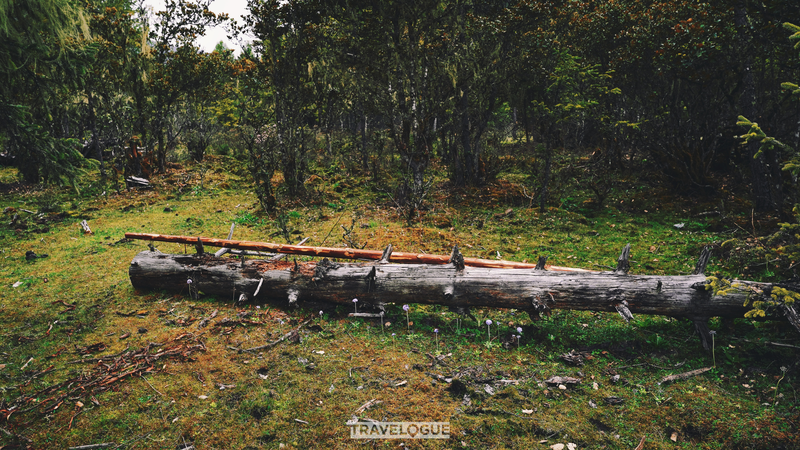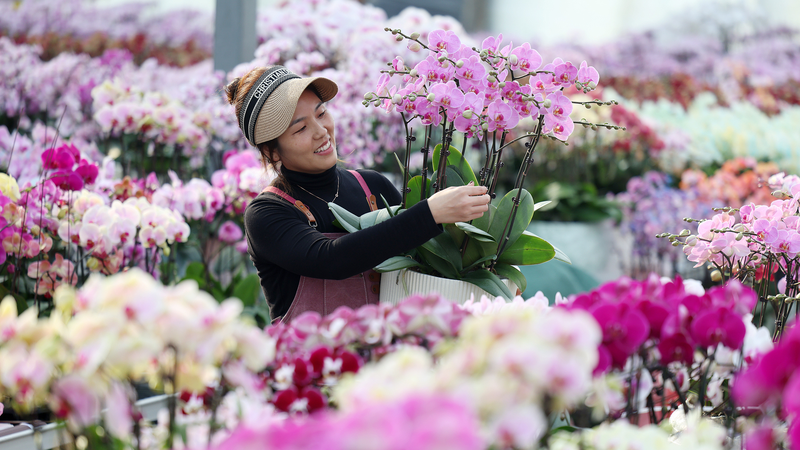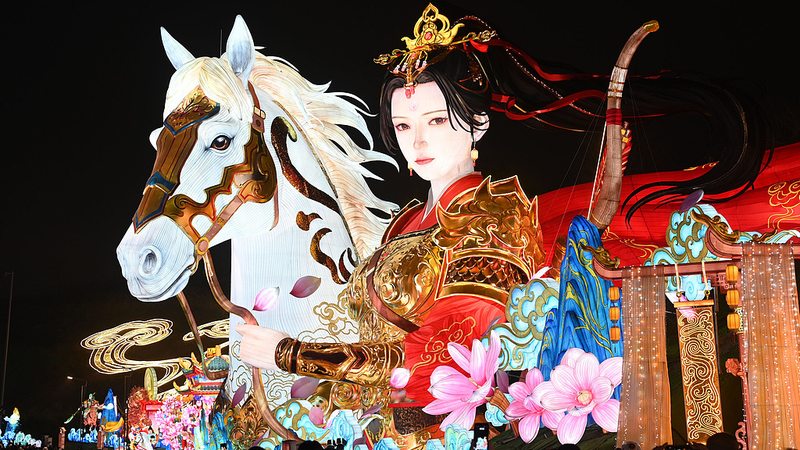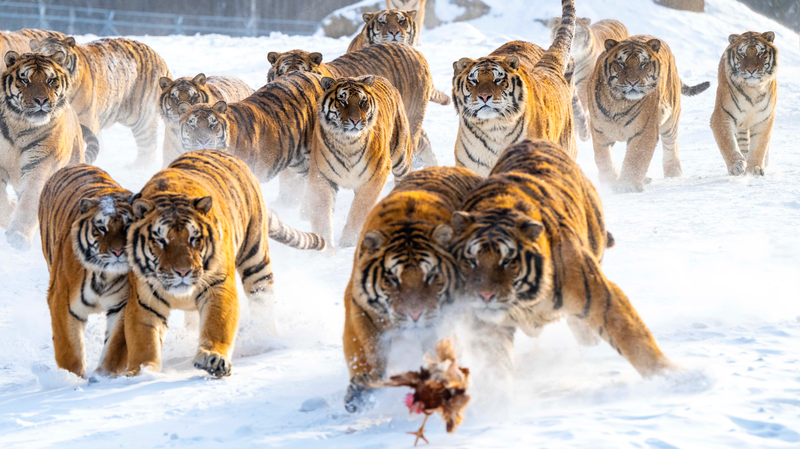Summertime transforms the highland pastures of Nyingchi in Xizang into a vibrant mosaic of color and culture. Blanket fields of wildflowers sway in the gentle breeze, while herds of yaks roam against a backdrop of rolling hills.
For generations, local herders have balanced tradition and ecology, raising yaks and Tibetan fragrant pigs—a breed unique to the region. Yaks are more than just livestock; they’re the backbone of a self-sustaining nomadic lifestyle. Their meat and milk nourish families, their fur weaves into warm garments, and their dung fuels the campfires that warm wooden shelters under star-studded skies.
Each smoke curl rising from a herder’s wooden hut tells a story of resilience and harmony with nature. In a world where sustainable practices are more important than ever, Nyingchi’s pastoral communities offer a living example of circular resource use. The integration of animal husbandry with plant grazing preserves grasslands, supports biodiversity, and sustains cultural traditions that date back centuries.
Data-driven insight: According to local estimates, a single yak can produce up to 200 kilograms of dung per year, providing enough fuel to heat a family’s home through the long Xizang winters without relying on external energy sources. Meanwhile, the region’s sustainable livestock practices have maintained grassland health at a stable 85% coverage rate.
For global travelers seeking authentic experiences, Nyingchi offers more than scenic vistas. It invites you to immerse yourself in a world where every sunrise brings the promise of wild blooms, and every sunset reflects off the mountain peaks, casting a golden glow on a way of life anchored in tradition and sustainability.
Reference(s):
cgtn.com




